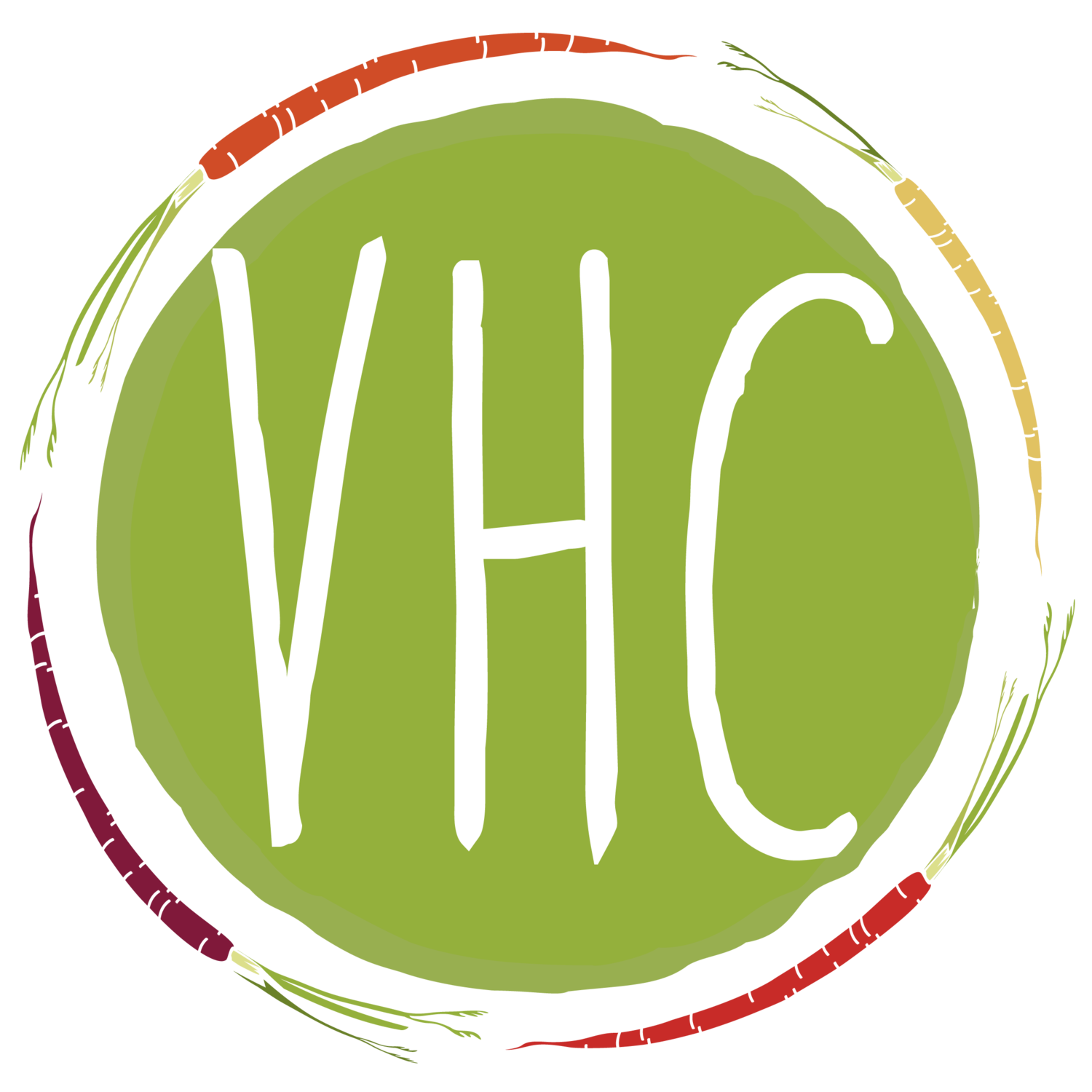Differences Between Vegan and Plant-based Diets
Sure you have a friend or family member who became a vegan or switched to a plant-based diet. Some embrace the change because of personal beliefs, others try it for ethical or health reasons.
Either way, being a vegan or eating plant-based food goes beyond ingredients and recipes. These are two different kinds of diet, generally accompanied by lifestyle changes that align with the same purpose.
So, how can we define them?
The vegan diet
You can eat all kinds of fruits, vegetables, plant-based oils, and seeds in a vegan diet. The key is to eliminate all animal products. This includes dairy, meat, poultry, fish, eggs, and honey. Vegan diets tend to substitute meat alternatives that are considered highly processed food.
Also, some brands of white sugar and wine. Maybe you won’t see any trace of it on the final product, but these items are known to use animal-derived ingredients in their making process.
Vegans often translate the changes in their diet to the rest of their world. When choosing to become vegan most people choose to become vegan not just to live a healthier lifestyle. The majority of vegans choose this lifestyle because they want to advocate for animal welfare, are against factory farming, want to support better Environmental practices, and want to limit their eco-footprint.
A plant-based diet
While eating plant-based requires a higher intake of fruits and vegetables, animal products are not forbidden. People who follow this diet still eat meat, poultry, eggs, seafood, and dairy but in smaller portions.
When choosing a plant-based lifestyle you consume a whole food plant-based diet meaning you primarily consume vegetables, fruits, whole grains, nuts + seeds, and a variety of animal proteins as close to their natural state as possible. More people choose a plant-based diet to help increase their whole vegetable intake while still consuming animal products.
Since it’s more sustainable because of the flexibility, this diet is encouraged by specialists because it’s easier to follow. Plant-based dishes can have easy-to-obtain ingredients, while vegans need to plan.
Differences between vegan and plant-based
Both diets are recognized for their health benefits in recent years. But what are the key differences between them?
Plant-based diets can contain meat, poultry, eggs, seafood, and dairy in small portions.
Vegan diets source all their ingredients from plants and organic protein.
Plant-based diets are easier to control and follow.
A vegan diet requires planning and preparation to maintain.
Frequency and portions of animal-derived products are crucial to a healthy plant-based diet.
A vegan diet might require supplements to replace nutrients found in animal-derived products.
Are you ready to try any of these diets? DM us @VegHeadChef and share your story with us!
Go to the homepage.

